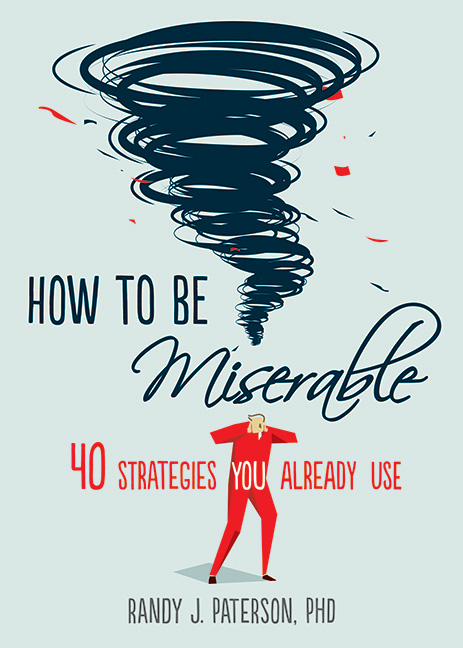By Randy J. Paterson, PhD
“Mindfulness” is surely one of the least helpful labels of cognitive experience. Given that we exist twenty-four hours a day within our own skulls, how can we be anything but mindful? The term needs to be explained to clients.
One—though not the only—element of much mindfulness work is a focus on the present moment and sensory experience. A concrete metaphor for this can be more memorable than any description.
In my office, I have three small bowls, an old cassette tape, and a pair of scissors. In a pinch, you can substitute index cards or sticky notes for the bowls, and paper clips for the tape and scissors. If you have an old reel of Super 8 film, so much the better.
Then, begin the exercise with your client, explaining each step as you go along. “Imagine that we could record the contents of your mind for an entire day on tape. Everything you thought about—every moment. Then we cut up the tape into little one-second pieces.”
“Then we look at each bit of tape and see what you were thinking about in that moment. If it was something in the past, we put it in this bowl. If it was something about the future, or something that might happen sometime, we put it in this one. And if it was about something happening right where you are—something happening right then in the present—we put it in this center bowl.”
Cut a few bits of tape, or distribute a few paper clips. If the whole thing comes across as strange and therefore memorable, so much the better.
“At the end of the day, which bowl would be the most full?” This is not a rhetorical question— get an answer. I have never had a client point to the middle bowl. If one does, you could get them to guess whether its contents are greater than the other two combined.
Point out that the middle bowl is special; it is the only one representing reality—and the only one where we can exert influence over ourselves and our world. The past is gone; the future is a fantasy. But most of us spend most of our lives missing this one critical moment.
There is more to mindfulness than a simple focus on the present. But making this element of the rationale concrete for a client will often increase receptivity to the rest.
 Randy J. Paterson, PhD, is director of Changeways Clinic, a private psychology practice in Vancouver, BC, Canada. He is author of The Assertiveness Workbookand Your Depression Map, and conducts training programs for professionals on evidence-based treatment. His latest book, How to Be Miserable, is available now.
Randy J. Paterson, PhD, is director of Changeways Clinic, a private psychology practice in Vancouver, BC, Canada. He is author of The Assertiveness Workbookand Your Depression Map, and conducts training programs for professionals on evidence-based treatment. His latest book, How to Be Miserable, is available now.

 2024 Peace Playbook: 3 Tactics to Avoid Clashes with Your Partner
2024 Peace Playbook: 3 Tactics to Avoid Clashes with Your Partner